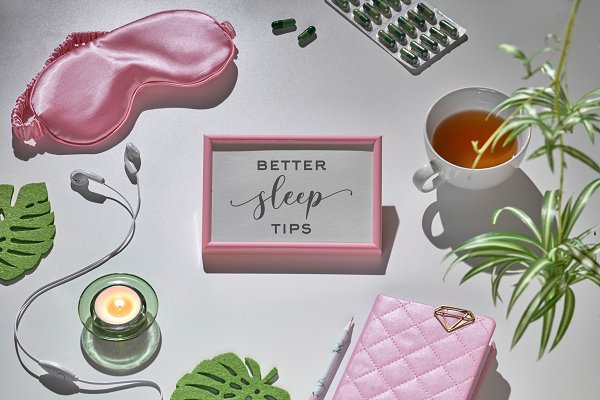10 Ways to Sleep Better Every Night

Has Sleep Deprivation Reached Epidemic Proportions?
Chronic sleep deprivation can have long term, potentially dangerous health effects. To get more sleep – and make the most of even a few hours in bed – start with these ten essential tips:
• Exercise – at least 4 hours before bedtime. Aerobic exercise can increase the depth and length of uninterrupted sleep, but it will also elevate your body temperature for about four hours – one reason you may feel ‘wired’ after a workout.
• Sleep in multiples of 90 minute intervals. Sleep is an active process, with your brain and body cycling through an entire range of activities every 90 to 110 minutes. According to the National Center on Sleep Disorders Research, the more cycles the better – but waking up at the end of a cycle can leave you feeling more refreshed than waking up partway through a new one.
• Set a wakeup time and stick to it. Even if you’re a little late getting to bed, or you’ll need a nap in the afternoon, pick a time to wake up and get up at that time every day.
• Keep a sleep diary. For at least a week, and preferably for three, jot down when you go to bed, how many times you wake up in a night, when you get up, and whether you nap.
• Keep a journal. Write down the things that are bothering you before bed. Setting aside your concerns and making a to-do list can help you sleep. Keep notes on your mood and your energy level. When you compare your journal and your sleep diary, you’ll begin to see patterns – so you can help yourself find the sleep schedule that works for you.
• Drink all your caffeine before 2 pm. Caffeine can stay in your body for hours and affect your sleep patterns even if you do fall asleep. Drink it early in the day and you’ll wake feeling less of a need for it in the first place.
• Keep the bedroom dark and quiet. Use shades or curtains to block out city lights. No TV, no bright lights after bedtime. Fitful sleep in the first few hours after bedtime can make it more difficult for your body to get a restorative night’s sleep.
• Wind down without the electronics before bed. Exposure to artificial light tells your body it’s time to be awake. Wind down with a book or a conversation with a loved one – without the TV, the cell phone, or the computer – for 10 or 20 minutes before bed.
• Go easy on the alcohol. Alcohol may help you fall asleep, but it also encourages your body to wake up in the middle of the night once the sedative effect wears off. Alcohol can interrupt your sleep patterns, making you feel sleepier in the morning.
• Try these tips for at least three weeks. After about three weeks, you’ll have built new sleep habits and you’ll wake feeling more refreshed each morning. The Center for Disease Control and Prevention (CDC) calls insufficient sleep a “Public Health Epidemic.” Building good sleep habits takes a little commitment, but give yourself a three-week trial to get used to the changes before you make any decisions. Give your body time to adjust, and you’ll reap the rewards of a better night’s sleep.
Research Link: http://www.prevention.com/health/20-ways-sleep-better-every-night


